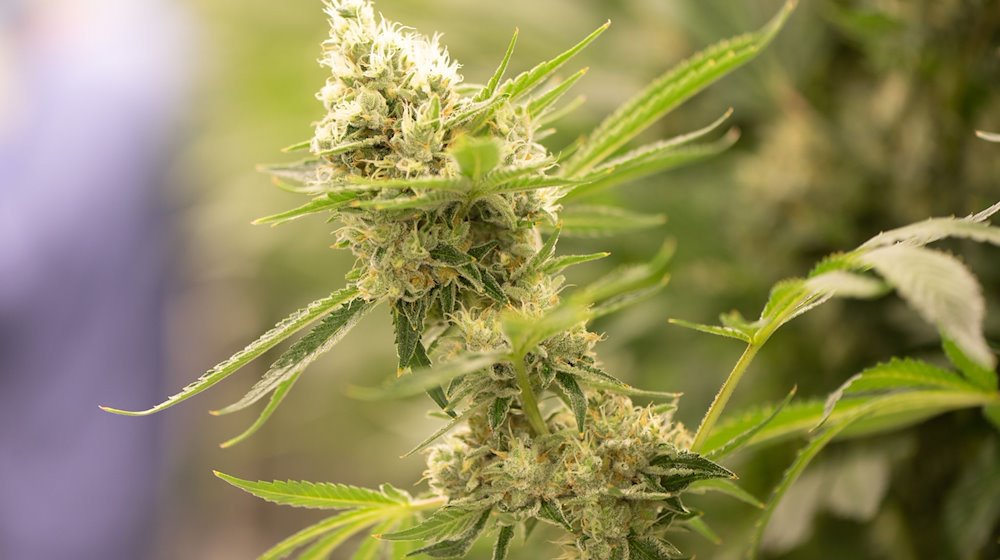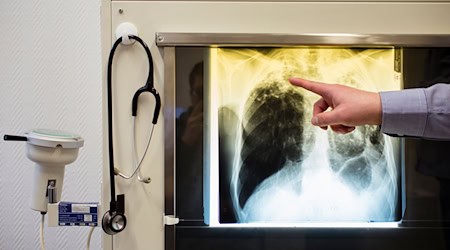A survey shows that the law on cannabis legalization will lead to more than 210,000 criminal files being reviewed nationwide. In the most populous federal state of North Rhine-Westphalia alone, 60,000 cases (as of March 15, 2024) would have to be looked at again, according to an inquiry by the "Deutsche Richterzeitung" to the justice ministries of the federal states. According to the information, this would be 7,000 cases in Saxony.
Länder fear judicial overload
The background to this is the amnesty regulation for old cases provided for in the law. The federal states and the German Association of Judges (DRB), publisher of the "Richterzeitung", have criticized this. They fear that the judiciary will be overburdened. Federal Drug Commissioner Burkhard Blienert, on the other hand, called on the federal states to clear the way for the controversial legalization of cannabis.
"For the public prosecutor's offices, the amnesty plans mean that they will have to manually evaluate all criminal files relating to the Narcotics Act again to determine whether the facts in question would be unpunishable under the new legal situation," DRB Federal Managing Director Sven Rebehn told the German Press Agency. It would have to be determined whether the narcotics offense involved cannabis and what quantity was involved.
Thousands of proceedings to be reviewed in the federal states
According to the survey by the "Richterzeitung", 34,000 proceedings in Hesse will have to be reviewed as a result of the amnesty regulation for old cases. In Bavaria there are 29,000 cases and in Baden-Württemberg 25,000. In the capital Berlin, with a population of around 3.87 million, there are 3,500 cases.
According to the law passed by the Bundestag, possession and cultivation of the drug with numerous specifications for adults for personal consumption will be permitted from April 1. The law will go to the Bundesrat on March 22. It does not require approval there, but the chamber of the federal states could appeal to the mediation committee and thus slow down the process.
Prison sentences or fines already imposed for cannabis offenses, which will no longer be punishable under the law in the future, are to be waived or convictions entered in the Federal Central Criminal Register are to be deleted when the law comes into force.
Lauterbach rejects criticism
Health Minister Karl Lauterbach (SPD) had rejected the criticism from the federal states. The Federal Ministry of Health estimates the number of complex procedures that need to be reviewed at short notice at a maximum of 7500 nationwide. These are cases in which offenders have been imprisoned for several offenses and it needs to be clarified what effect an amnesty will have on the overall sentence. The German Association of Judges said that the lower figures mentioned only related to cases of imprisonment and therefore only concerned a small part of the actual effort.
Copyright 2024, dpa (www.dpa.de). All rights reserved










